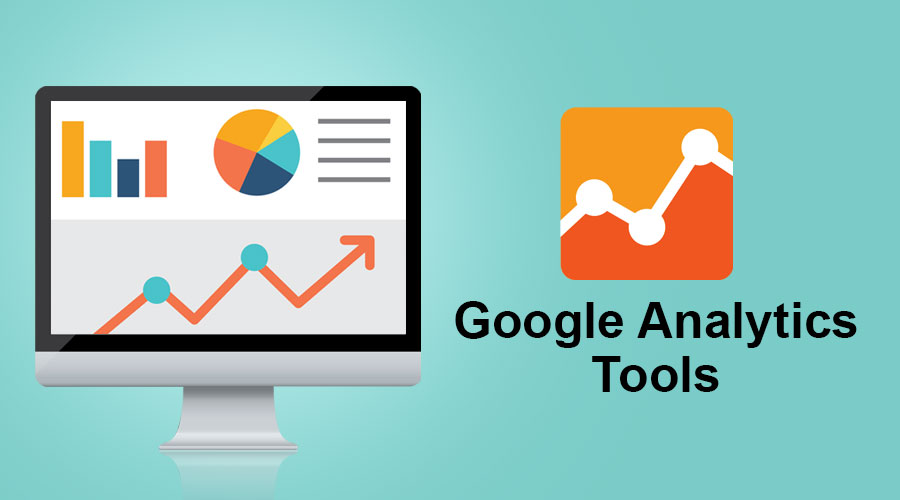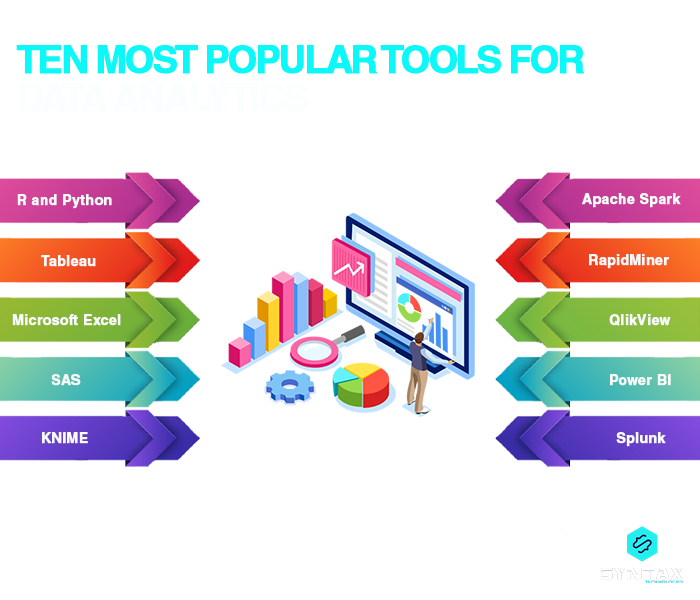Boost Effectiveness and Earnings Through Information Analytics
In today's data-driven landscape, services are significantly acknowledging the critical function of data analytics in improving operational performance and success. By systematically assessing data, organizations can discover critical understandings that educate tactical choices, streamline procedures, and dressmaker client experiences (Analytics). Nevertheless, the challenge exists not only in the execution of these analytical tools but additionally in understanding exactly how to translate information into actionable results. As we explore the subtleties of reliable data-driven techniques, the implications for both short-term gains and long-lasting success come to be progressively clear. What might these insights expose for your organization?
Recognizing Data Analytics
In today's data-driven landscape, comprehending information analytics is vital for companies aiming to improve functional performance and drive success. Information analytics includes the systematic computational analysis of data collections to reveal patterns, relationships, and insights that notify decision-making. By using various strategies, such as statistical analysis, artificial intelligence, and predictive modeling, organizations can transform raw information right into workable knowledge.
The process normally starts with information collection, where appropriate information is gathered from several sources, consisting of transactional databases, client interactions, and market patterns. This information is after that cleansed and arranged to make certain precision and uniformity. As soon as the information is prepared, logical tools and software are made use of to imagine the info and discover, enabling stakeholders to recognize patterns and abnormalities.
Ultimately, understanding data analytics equips companies to make educated decisions based on empirical evidence instead than intuition. It assists in targeted techniques that can enhance source allocation, boost consumer complete satisfaction, and enhance overall efficiency. As organizations significantly identify the worth of data-driven understandings, a strong grasp of data analytics ends up being a critical competency for leaders and groups alike, placing them for sustained success in a competitive atmosphere.

Secret Benefits for Organizations
Companies that leverage information analytics can unlock a wide variety of benefits that dramatically improve their procedures and earnings. Among the main advantages is improved decision-making. Information analytics provides workable insights acquired from real-time data, allowing organizations to make informed options that straighten with market needs and customer preferences.

Furthermore, information analytics cultivates boosted consumer experiences. By recognizing client habits and choices, businesses can customize their offerings, causing raised satisfaction and loyalty. This customized technique usually causes greater conversion prices and repeat organization.
In addition, information analytics makes it possible for businesses to recognize arising patterns and possibilities. By remaining in advance of the contour, companies can maximize new markets and developments before their competitors.
Applying Data-Driven Strategies
Effective application of data-driven techniques calls for a comprehensive understanding of both business goals and readily available information resources. Organizations must initially define their objectives plainly, guaranteeing alignment in between data initiatives and critical purposes. This clearness enables groups to concentrate on pertinent metrics and insights that drive decision-making.
High-quality information is crucial for precise evaluation, as poor data can lead to illinformed strategies and squandered resources - Analytics. Organizations needs to develop procedures for information collection, cleaning, and administration to preserve information integrity.
Additionally, fostering a data-driven culture is vital. Staff members in all levels ought to be motivated to take advantage of data in their everyday procedures. Training programs and workshops can improve information proficiency, encouraging staff to make informed decisions based on analytical insights.
Tools and Technologies Introduction
A durable collection of devices and technologies is important for companies Recommended Site aiming to harness the full potential of data analytics. These tools assist in the collection, processing, and visualization of information, enabling companies to obtain actionable understandings.
At the fundamental level, data administration systems such as SQL data sources and NoSQL systems supply reliable data storage space and access abilities. For information processing and evaluation, programs languages like Python and R, in addition to frameworks such as Apache Spark, allow complex computations and artificial intelligence applications.
Visualization tools, consisting of Tableau and Power BI, change raw data right into instinctive visual formats, making insights easily accessible to stakeholders whatsoever levels. Furthermore, cloud-based platforms like Google Cloud and AWS use scalable storage and handling solutions, fitting the expanding quantities of data organizations encounter.
For innovative analytics, predictive modeling and AI-driven services are progressively adopted, enabling companies to forecast patterns and enhance decision-making processes. Incorporating these tools right into existing process is extremely important; organizations that efficiently leverage this innovation can dramatically enhance operational performance and drive profitability. Thus, investing in the right tools and modern technologies is a critical important for any kind of data-driven organization.
Study of Success
Leveraging data analytics has led many organizations to achieve impressive enhancements in effectiveness and profitability. One significant case is a huge retail chain that executed anticipating analytics to maximize inventory monitoring. By analyzing historic sales information and consumer trends, the company decreased excess supply by 30%, resulting in considerable expense savings and boosted capital.
One more example can be discovered in the manufacturing market, where a leading automotive manufacturer utilized data analytics to improve its production processes. By keeping an eye on equipment efficiency in real-time, the company recognized inadequacies and traffic jams, leading to a 20% increase in overall devices efficiency (OEE) This not only enhanced production rates yet additionally minimized downtime and upkeep prices.

These study highlight just how information analytics can drive calculated decision-making, optimize procedures, and eventually enhance both efficiency and profitability across various sectors.
Verdict
To conclude, the combination of data analytics into business operations presents significant possibilities for boosting performance and productivity. By systematically evaluating information, organizations can determine inefficiencies, optimize consumer experiences, and make informed choices. The adoption of predictive modeling and real-time surveillance additionally allows companies to remain ahead of emerging trends and designate read what he said sources successfully. Eventually, the tactical application of data-driven approaches fosters sustained competitive benefits and drives significant improvements in functional performance and economic results.
In today's data-driven landscape, recognizing information analytics is important for organizations intending to enhance functional performance visit this site and drive success. Data analytics entails the organized computational evaluation of information sets to reveal patterns, correlations, and understandings that inform decision-making. Information analytics offers workable insights acquired from real-time data, permitting services to make educated selections that line up with market demands and customer choices.
Top quality data is vital for precise analysis, as inadequate data can lead to misguided approaches and lost resources. Organizations needs to establish procedures for information collection, cleansing, and administration to preserve information honesty.